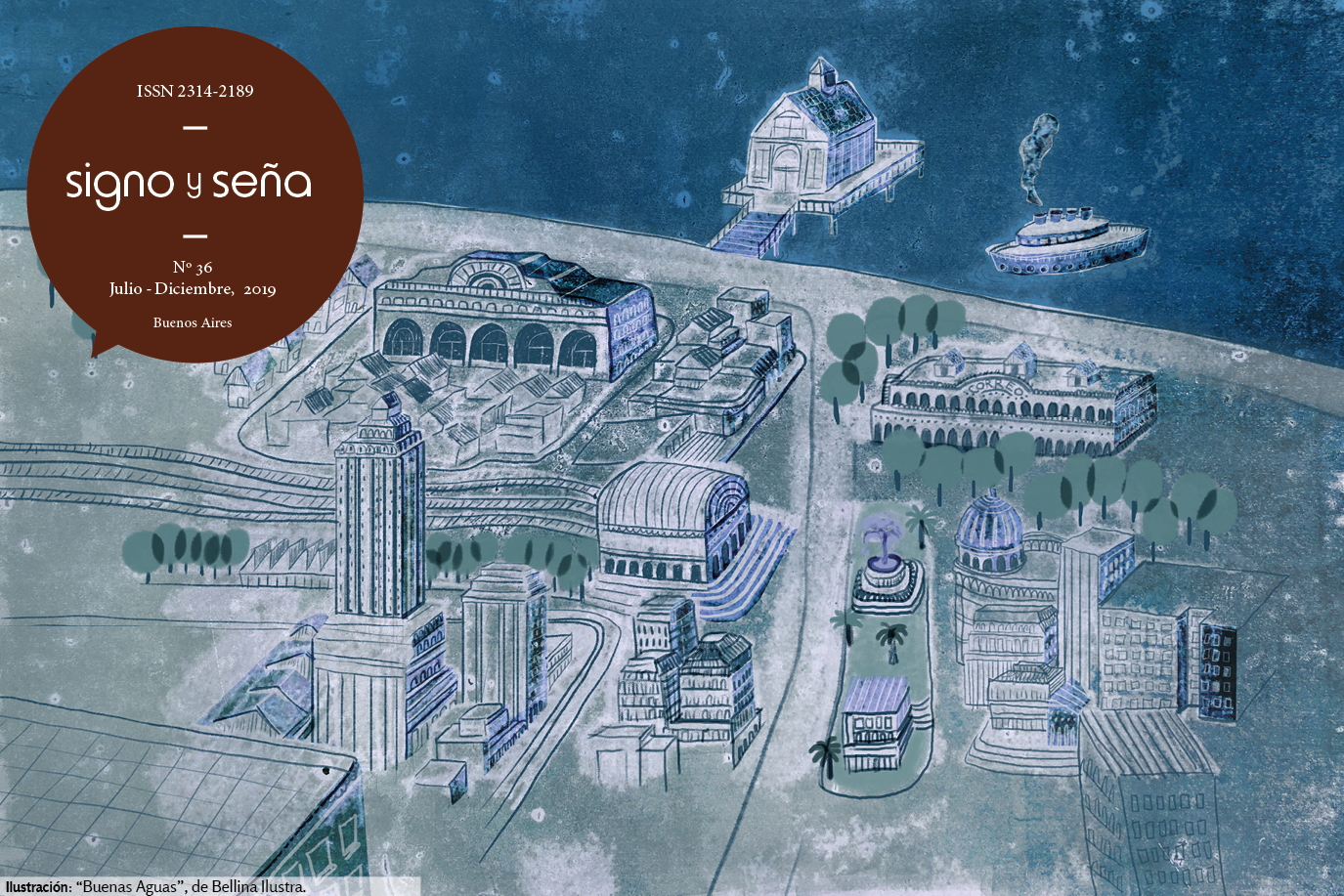Frustratives as aspect: A view from Chorote (Mataguayan) and Mẽbengokre (Jê)
Abstract
The grammatical category of frustrative, present in various languages from South America and other parts of the world, indicates that some result or consequence of the event expressed in a proposition hasn’t obtained. In a strict definition (Overall 2017), it shows that the event culminated but without the expected effect; however, it can also indicate that the event was not completed or initiated. The analysis of data from various languages shows that there is a systematic alternation between these two (groups of) meanings when frustrative interacts with aspect. Thus, for instance, in some languages the frustrative morpheme carries by default the meaning of completion without the expected effects, and acquires the value of not culminated or not initiated eventuality when it co-occurs with imperfective morphology. In other languages, the inverse occurs: the default value of frustratives is the latter, while the former is obtained when frustrative co-occurs with perfective morphology. In the present article we propose a formal analysis of frustrative as aspect using the notion of inertia (Dowty 1979), examining primarily data from two South American languages: Chorote (Mataguayan, Argentina and Paraguay) and Mẽbengokre (Jê, Brazil).Downloads
Download data is not yet available.
Published
2019-11-30
How to Cite
Carol, J., & Salanova, A. (2019). Frustratives as aspect: A view from Chorote (Mataguayan) and Mẽbengokre (Jê). Signo & Seña, (36), 23-43. https://doi.org/10.34096/sys.n36.9200
Issue
Section
Dossier. Morfología y sintaxis de lenguas indígenas americanas
- Authors keep the copyright and give the journal the right of the first publication, with the work registered with the Creative Commons Attribution-ShareAlike 4.0 International License, which allows third parties to use what is published whenever they mention the authorship of the work and the first publication in this magazine.
- Authors can make other independent and additional contractual agreements for the non-exclusive distribution of the article published in this journal (eg, include it in an institutional repository or publish it in a book) as long as they clearly indicate that the work It was published for the first time in this magazine.
- Authors are allowed and recommended to publish their work on the Internet (for example on institutional or personal pages).

















